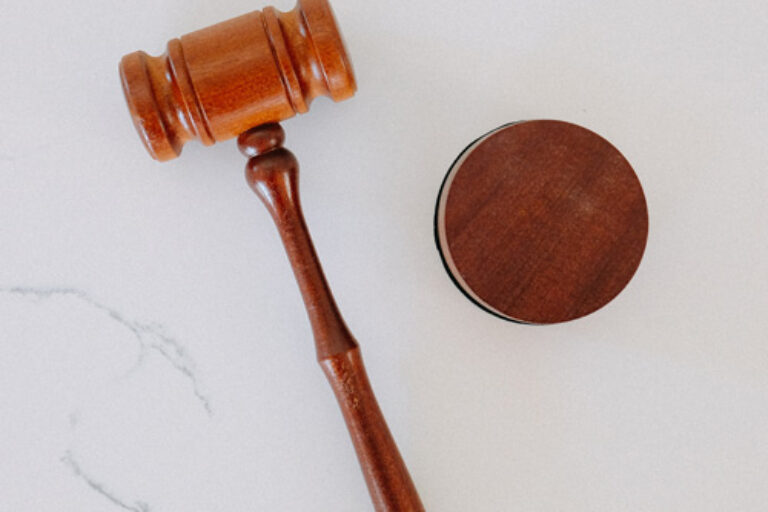Products Liability Cases in Georgia
If a consumer is injured while using a defective product in Georgia, she may be able to recover for her personal injuries. There are several theories under which she may be able to win.
Negligence
The first theory of recovery to consider when someone is injured by a product is negligence. To prove negligence, the customer must show that the manufacturer or retailer owed her a duty of care, that they breached that duty, and that the breach caused the injury.
A manufacturer must use reasonable care when designing and manufacturing its product. It is not required to anticipate unusual possibilities or make a completely safe product. It is also not required to ensure the product’s safety. It will not be liable if it designs and manufactures the product with due regard for the circumstances and purpose for which the product will be used.
The manufacturer’s failure to warn is generally the most frequently encountered in negligence cases. That does not mean it must warn of any and all possible dangers, no matter how remote. Rather, a manufacturer must warn against dangers that are foreseeable.
The failure of the manufacturer to warn of foreseeable dangers or to use due care in the design or manufacture of its product is a breach of their duty of care. If a consumer is then injured as a result of that failure, the manufacturer will be liable for damages.
Strict Products Liability
Strict products liability is another theory upon which an injured consumer can recover. Georgia Statute section 51-1-11 imposes liability upon the manufacturer of a defective new product regardless of the amount of care exercised by the manufacturer. Courts will hold a manufacturer liable if the product “was not merchantable and reasonably suited to the use intended,” or if the product is defective at the time it leaves the manufacturer’s hands.
A product defect exists when the product has not been properly designed, manufactured, packaged, or accompanied by adequate warnings. Whether a product is defective must be considered in the overall context of the design, function, and intended use. The danger must not be obvious and liability does not extend to unforeseeable misuse or abnormal use of the product. Georgia courts have also found strict liability in cases where there was no adequate warning.
Express and Implied Warranty
Consumers injured by a product in Georgia may also be able to recover under theories of breach of either express or implied warranties, or both. If the seller makes a statement of fact about the quality character or title to goods at the time of sale, it can be considered an express warranty. Statements of opinion are not susceptible to factual proof and are therefore not considered express warranties. Implied warranties, including the implied warranty of fitness for a particular purpose and an implied warranty of merchantability accompany the sale of goods by law.


